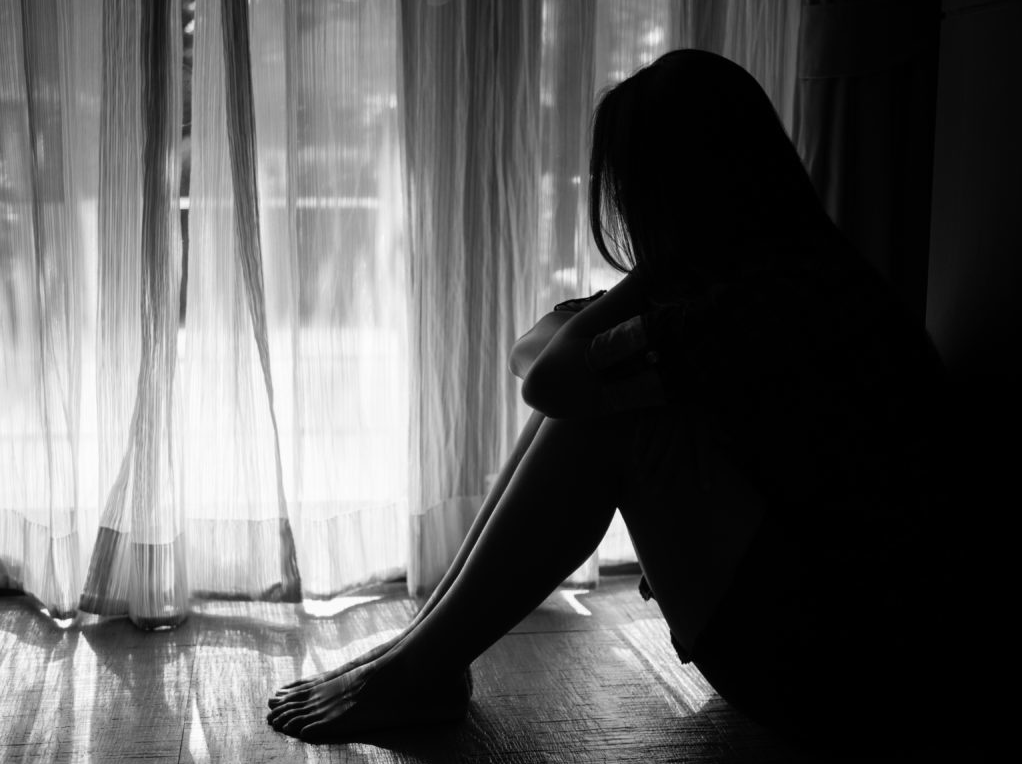This year has been dotted with digitally announced suicides.
After writing several suicidal messages on his Facebook page and WhatsApp status, Arthur Basalirwa, a first class graduate of Makerere University Business school (MUBS) committed suicide on March 20, 2019.
Judging by the way the stream of thoughts begin, he had already made up his mind and by the time anyone could notice, it was already too late.
Two days later in Kenya, a woman posted two suicide notes to her daughter and father on Facebook before her body was found dangling from the rafter of a store.
Her suicide note to her daughter read: “My love ….words are hard to form a perfect clause to express the love I have for you. I have fought the battle but seems like am being defeated ..I only pray that God may give you guidance, love and comfort. Mom still loves you and will always love you. Kindly do forgive me.”
Her note to her father read: “Dad, I am sorry, but I am not able to break the news that I am about to commit suicide. I hope you will find it in your heart to forgive me.”
Earlier this month, a 20-year-old student at Meru National Polytechnic in Kenya recorded herself as she swallowed multiple tablets in an apparent suicide.
Social media trolls
Social media has become a home for trolls and depressives alike, not a good mix. How can we take any person seriously? In February, another Kenyan student committed suicide after his Facebook friends encouraged him to end his life when he made suicidal posts.
Still, in February, Facebook deleted the account of a Jomo Kenyatta University of Agriculture and Technology (Jkuat) graduate, hours after he had posted a suicide alert.
These and similar events signal a trend that suicidal sentiments are tweeted.
Ending suicide
But to bring this trend to an end, Ugandans on Twitter have joined the conversation on fighting suicide. A one @fredkwesiga tweeted: “Last week as I was coming from a restaurant one of the waiters told me, “I can throw my self in front of a moving car right now” as we were crossing the road. This got me thinking- why she would want to do such a thing. Turns out she was soo depressed.”
Forget about the memes and the petty fights between for a few likes and retweets, this is real talk.
“The truth is Life is full of f**ked up hardships and there’s no escape from it but what’s important is how we deal with it. Cynicism poisons your mind. Eventually, you cant see the good in anyone or anything. Believe in better days most importantly YOURSELF,” @dilaronny added to the thread.
Different signals
The difference in suicide in the past and the present is technology. Back then, suicide note would be discovered on pen and paper after the person is already gone, unlike today where people send signals that can be noticed with their social media usage.
Unfortunately, close friends or family rarely notice these signals. It is usually after the person has taken their life that people look back at what the person posted that they begin to relate.
Which is why Martha Kay, a social media influencer and entertainer called on people to check on their friends often. “Please check on your friends, talk to them, make them feel loved, give them more reason to stay alive. Suicide is not the solution,” she said in a tweet.
As messages began to pour in on the Hashtag, some people began to open up. Evans Stark? shared how he tried to end his life three years ago and left a word of encouragement for those who are facing a difficult situation.
“As I said earlier this month. When I was depressed 3yrs back I could shade tears like 5 times before I sleep, it went on for something like 2 years. I tried to commit suicide many times until I talked to my brother & a doctor. It made me feel like I was born again.”
Owing to the fact that tweeps crack a lot of jokes, @SamaEmme cautioned that suicide was not something to joke about. “And let’s not joke about suicide. Let’s not use it to threaten people or drive public sympathy. The day you’re serious about it people will think it’s the usual and that’s how we will lose you…”
Leah Tuhame encouraged people to seek help from as many people as possible.
“I know that the 1st person might not understand why you want to end your life. Try to talk to as many people as possible. Don’t be ashamed or embarrassed with fear when depressed. Try seeking help, It is normal.”
Fear to be judged
Much as most of the tweets on the Hashtag encouraged people to reach out to others for help as well as reaching out to help others, some tweeps expressed their fears about seeking help.
@philipocollins said that he has regretted all the times he has reached out to others for help because he was judged instead of being helped.
“You know, it’s funny that most of the tweets with the tag #LetsEndSuicide speak about reaching out to others. All the times I’ve reached out to others when I was this low have turned out to be moments to regret. I wonder what’d make me believe in that again.”
Why one may commit suicide
Suicide is an act of intentionally causing one’s own death. Samuel Ssettumba, a counsellor says suicide can be caused by the failure of one’s internal coping mechanisms.
“There are psychological, emotional and biological events that trigger the brain to provide negative hormones, which can lead to those feelings,” he says.
Why on social media?
But why would someone take to a site which is the greatest topical melting point on the internet? A place where their plea or testament will go mostly unheard or even denigrated?
Ssetumba says sometimes it is gradual due to lack of social support from close relations such as friends and family.
“Social media is a place where people express their feelings and emotions. However, when you post these feelings on social media, people think you want attention and they will ignore you. When it is ignored, it can lead to suicide,” he says.
“When someone sends out unusual messages, society should pay attention. Either the people at work, family or friends. By just asking that person if they are doing well, you can change their mind from committing suicide.”
Ssetumba adds that many suicide victims will write or say things. He quotes Elton Jon’s lyrics, ‘Crying at the top of my voice, but no one is listening’.
“It is wrong to tell them to go ahead because they are already thinking so. If you do not have what to say, do not say anything. It is wrong to exacerbate their situation with our opinion,” Ssetumba says.
He encourages people to always seek professional help.
According to a WHO 2018 report, suicide is the second leading cause of death globally for young people aged between 15 and 19.

